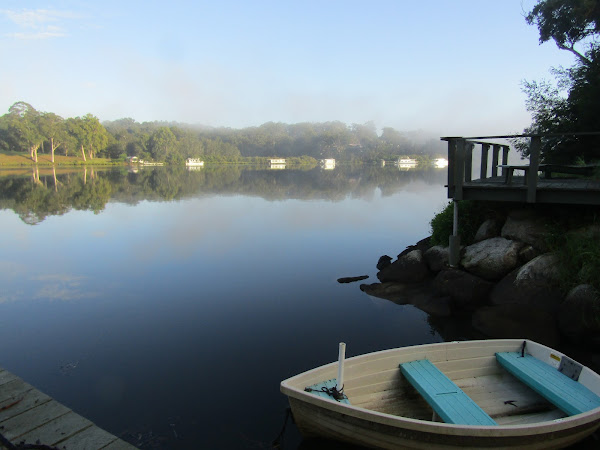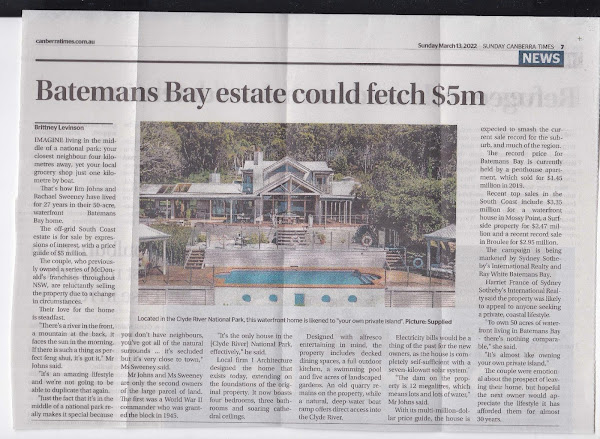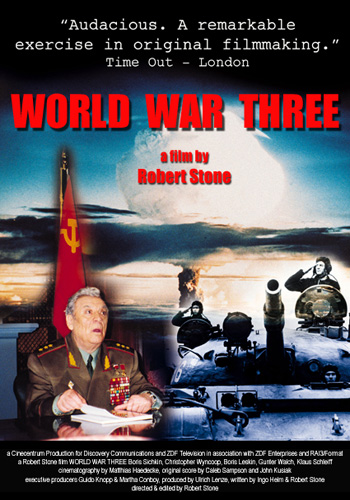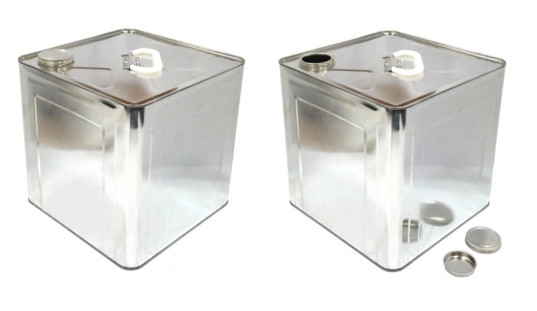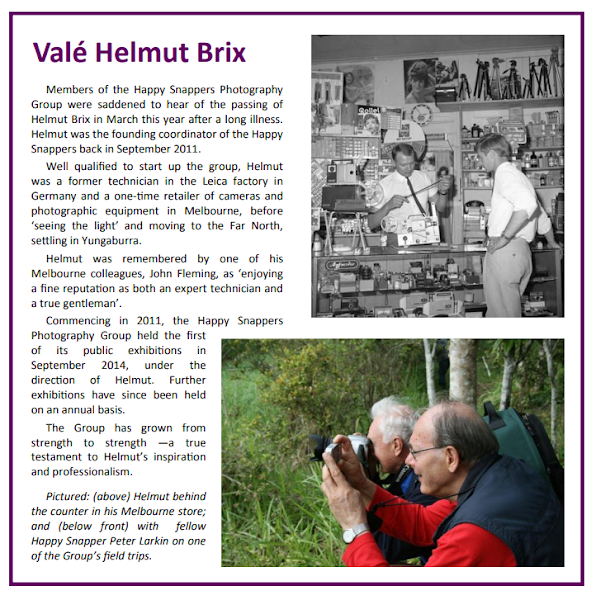Early morning at "Riverbend" and I'm considering which of the fifty shades of Earl Grey I'm going to have for my tea this morning. Just a short while ago, the weekly garbage truck came down the lane with its headlights blazing which is always a sign that autumn and the end of day-light saving are not far away.
It's been raining which does nothing to improve my mood even though the ducks on the ever-increasing pond don't mind. Which is the keyword in this highly destabilised world we live in. Don't mind about the war in Ukraine; the trade wars between America and China; don't mind about turf wars between bikie gangs in Sydney; don't mind about drive-by shootings and knife-stabbings, don't mind about lying politicians and corrupt public officials; and don't mind about people complaining about banks lending them too much money (they used to complain about not lending them enough money).
It was so much easier to keep calm when I lived in New Guinea before the internet when there was no television or even a decent radio reception from Australia, and the only news was from a local station called 'Maus Bilong San Kam-ap' in Tok Pisin, New Guinea's lingua franca, where a helicopter is a 'Mixmaster bilong Jesus Christ' which made the latest news about helicopter gunship action in Vietnam sound almost hilarious.
Then there was Burma which was under a 6-to-6 curfew and sealed off behind the "Teak Curtain", and where one couldn't even buy Western toothpaste, let alone hear Western news. The only 'television' to watch were those blue-light electric mosquito zappers which were on the wall of every restaurant and which we called "Burmese television".
And then there was the world's largest sandbox, the Kingdom of Saudi Arabia, where everything was totally censored and a Western newspaper was as stiff as cardboard after all its 'offending' articles had been doused in black ink by censors armed with thick felt-tipped pens.
Of course, we could achieve the same now by simply turning off the radio, the television, the internet, but somehow we are all addicted to the news, especially bad news. Maybe I make today a totally news-free day and just concentrate on my Earl Grey tea.
